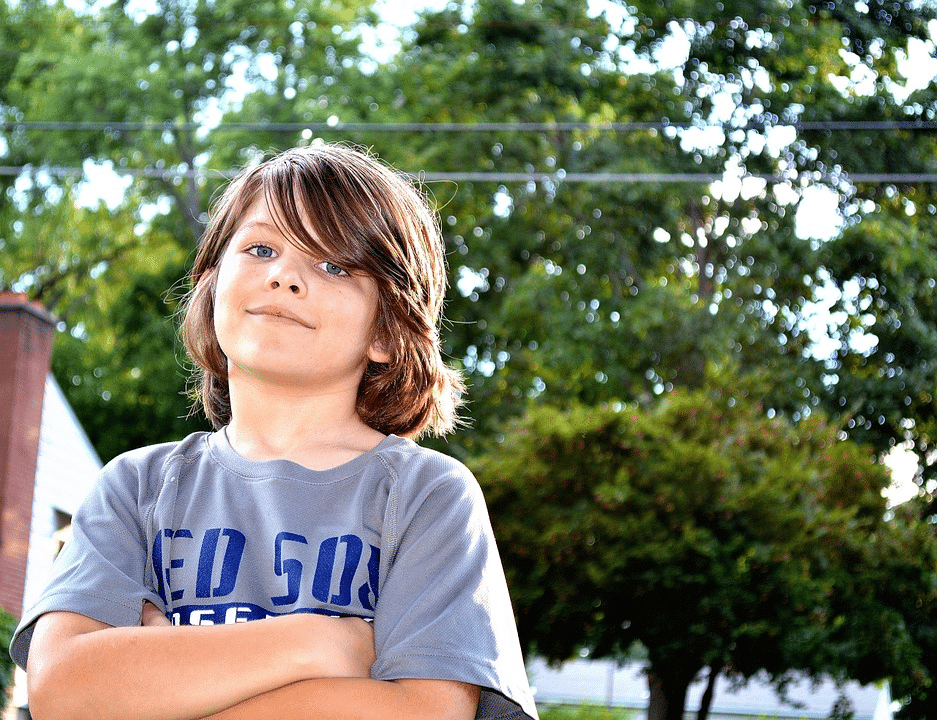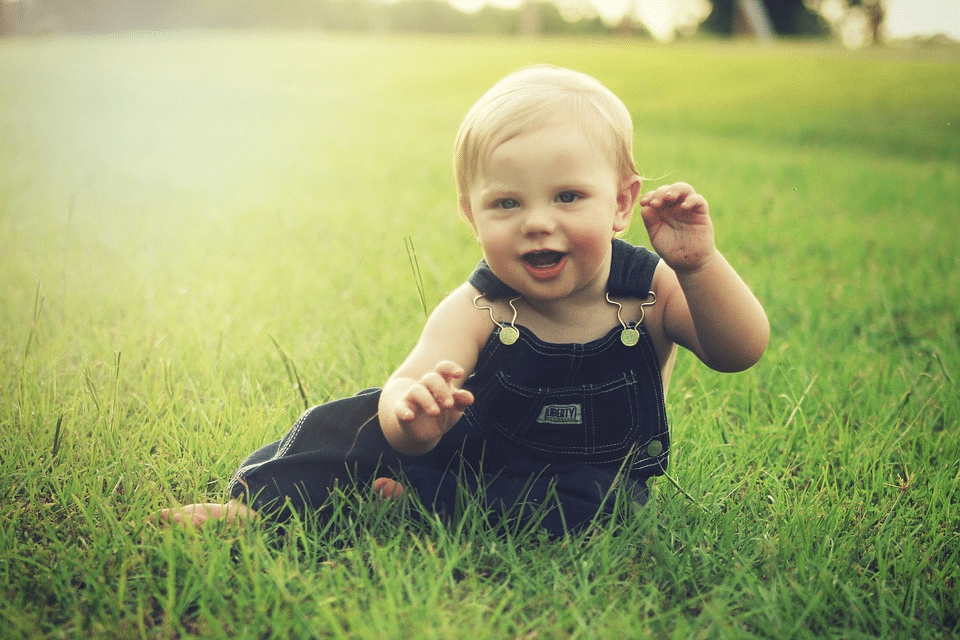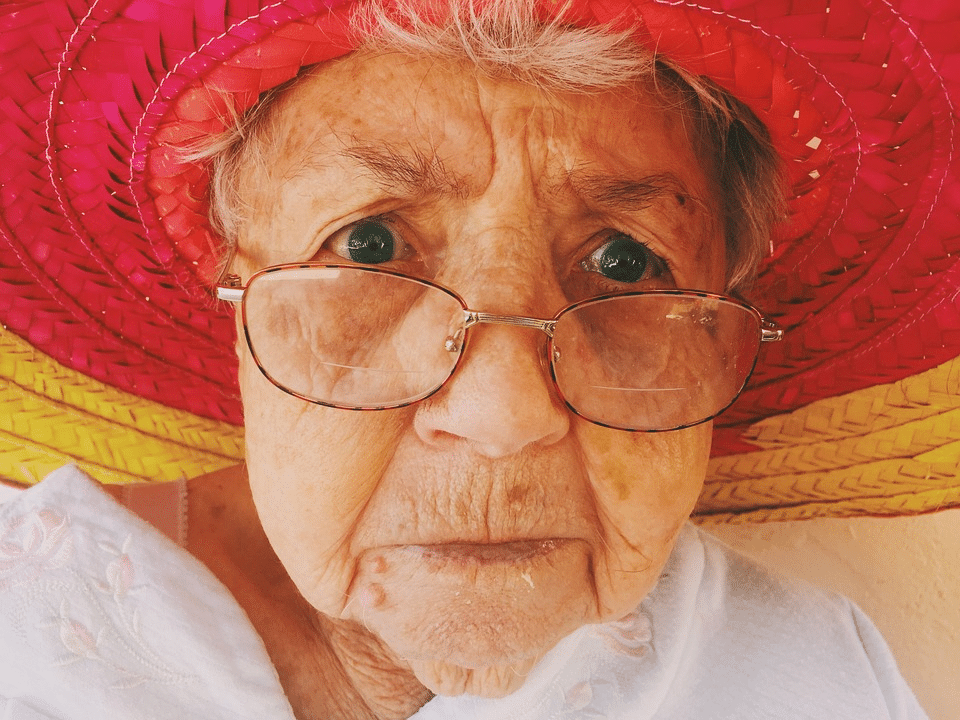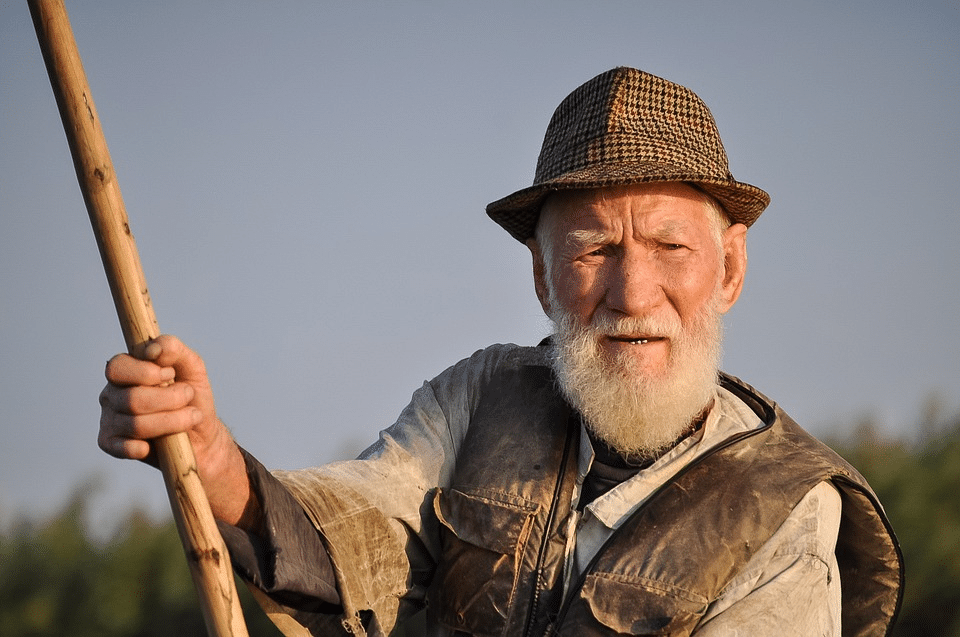2.1 – Comparing Age
One of the things we’ll be doing in this lesson is comparing people in our family, as well as friends and other people we know in terms of their age. We of course do this all the time when we talk, e.g. my older brother, my younger sister, etc. For this we’ll need two forms of words we already know.
|
mladý – young |
starý – old |
|
mladší – younger |
starší – older |
|
Tohle je Tomáš. |
To je jeho starší sestra. |
To je jeho mladší bratr. |
As you can see from the examples above, the endings with mladší and starší did not change depending on gender. This is because they are soft adjectives and as we recall from 1.4 – Adjective Endings, there is no difference between gender forms for soft adjectives.
Comparing Two People
If you want to compare two people with regard to their age, then use the word než ‘than’. See the following examples:
|
Jarmila |
Lenka |
|
Jarmila je starší než Lenka. Lenka je mladší než Jarmila. Jarmila is older than Lenka. Lenka is younger than Jarmila. |
|
|
Honza |
Pavel |
|
Pavel je starší než Honza. Honza je mladší než Pavel. Pavel is older than Honza. Honza is younger than Pavel. |
|
Finally, if you want to say that two people are the same age, then use the form stejně starý ‘just as old, equally old’. Depending on how you compare the two people, you might need to use the word jako ‘as’.
|
|
|
|
Marie a Lucie jsou stejně staré. Marie and Lucie are equally old. |
Michal je stejně starý jako Katka. Michal is just as old as Katka. |
Images used in this document come from these sources.








